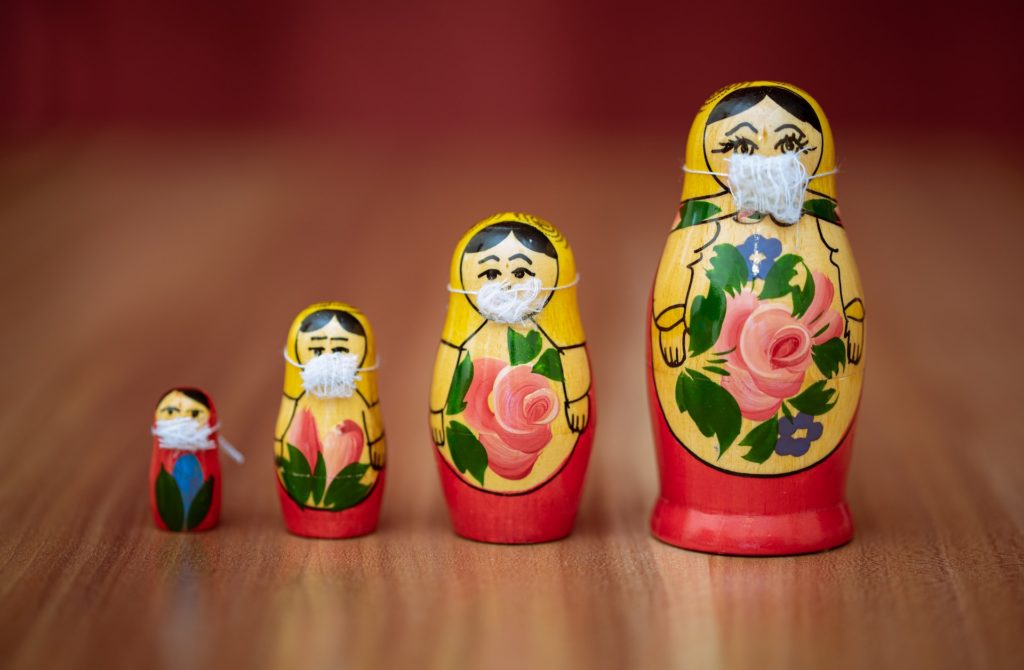One in three people still suffering the fallout of Covid-19 two months after being infected had no symptoms in the first instance, according to a pre-published study carried out in California.
The researchers looked at the electronic health records of 1,407 people who had been infected with Covid-19, and gathered data on their symptoms in the first ten days of infection, as well as their symptoms 60 days after the initial infection.
What they found was that 27% of the group were suffering symptoms 60 days later of five main types: chest pain and cough, difficulty breathing and cough, anxiety and irregular heartbeat, abdominal pain and nausea, and lower back pain and joint pain.
However, while it is interesting to know how common the effects are of what is known as long covid, even more intriguing was the discovery that one in three of the people suffering long covid had initially experienced no symptoms when first infected.
Related News
- People who don't get vaccinated will be infected 'sooner or later,' says Van Gucht
- 'Long-Covid': One in ten Covid-19 sufferers remains unwell after 12 weeks
Those people had been routinely tested, possibly as a result of a high-risk contact, and had been found positive but had not complained of symptoms. From the electronic results, it was seen that their days 1-10 reports showed no symptoms.
In other words, it is highly possible to become infected, show no signs apart from testing, suffer no symptoms, sit through quarantine and be declared free of infection, and then be brought down by after effects two months later – for how long, no-one yet knows.
Another startling result from the research: long-term effects can affect any age group, including children. Children are commonly thought to be virtually immune to the disease, which is why schools are allowed to open and children need not wear masks.
The California research suggests otherwise.
“Of the 34 children in the study, 11 were long-haulers,” said one of the authors, Melissa Pinto, an associate professor of nursing at the University of California at Irvine.
Alan Hope
The Brussels Times

